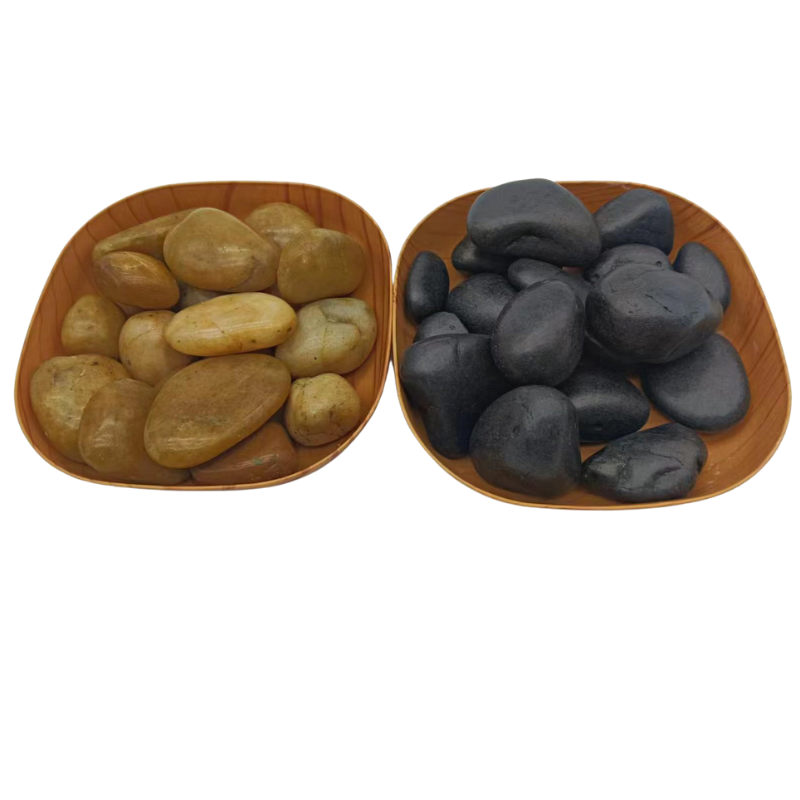
Using Clay Pebbles for Effective Drainage Solutions in Gardening and Plant Care
The Benefits of Using Clay Pebbles for Drainage
When it comes to gardening and hydroponics, proper drainage is crucial for the health of plants. One of the most effective materials often recommended for this purpose is clay pebbles, also known as expanded clay aggregates. Made from natural clay that is heated in a kiln, these lightweight, porous balls offer a variety of benefits for both indoor and outdoor gardens.
1. Excellent Drainage Properties
Clay pebbles are designed to provide superior drainage, which is essential to prevent root rot and other moisture-related issues. The unique structure of these pebbles creates air pockets, allowing excess water to flow freely through the medium. This drainage capability ensures that the roots of plants remain moist without becoming waterlogged. In hydroponic systems, this property is particularly valuable as it promotes a healthy environment for roots to thrive.
2. Lightweight and Easy to Handle
One of the standout features of clay pebbles is their lightweight nature. Compared to traditional materials like gravel or pumice, clay pebbles are easier to transport and handle, which is especially beneficial for those who may be new to gardening or hydroponics. This lightweight quality also allows for easier adjustments in your setup, whether you are creating a new garden bed or rearranging plant containers.
3. pH Neutral and Non-Toxic
clay pebbles for drainage

Another significant advantage of clay pebbles is their pH neutrality. Unlike some other substrates that may leach unwanted chemicals or alter the pH of the growing medium, clay pebbles provide a stable environment for plants. This makes them an ideal choice for both soil-based and soilless gardening systems. Additionally, they are non-toxic and safe for a wide range of plants, making them versatile enough for any gardening project.
4. Reusable and Eco-Friendly
Clay pebbles are not only durable but also reusable. After the gardening season, you can clean the pebbles with water and a mild detergent, allowing them to be used for multiple growing cycles. This reusability reduces the need to purchase new materials every season, making them an environmentally friendly choice for gardeners looking to minimize waste.
5. Versatile Applications
These pebbles can be used in various gardening applications. They are excellent for drainage layers in pots and containers, helping to prevent root rot. They can also be utilized in aquaponics and hydroponics systems to provide a stable base for plants. Moreover, they serve as a decorative element in landscaping, providing an attractive finish to garden beds and pathways.
In conclusion, clay pebbles are a fantastic choice for anyone looking to improve drainage in their gardening efforts. With their lightweight nature, excellent drainage capabilities, pH neutrality, reusability, and versatility, they are essential tools for both novice and experienced gardeners alike. Whether you're experimenting with hydroponics or enhancing traditional soil gardening, incorporating clay pebbles can significantly benefit your plant health and gardening success.
Share
-
Premium Pigment Supplier Custom Solutions & Bulk OrdersNewsMay.30,2025
-
Top China Slag Fly Ash Manufacturer OEM Factory SolutionsNewsMay.30,2025
-
Natural Lava Rock & Pumice for Landscaping Durable Volcanic SolutionsNewsMay.30,2025
-
Custom Micro Silica Fume Powder Manufacturers High-Purity SolutionsNewsMay.29,2025
-
Custom Mica Powder Pigment Manufacturers Vibrant Colors & Bulk OrdersNewsMay.29,2025
-
Custom Micro Silica Fume Powder Manufacturers Premium QualityNewsMay.29,2025






